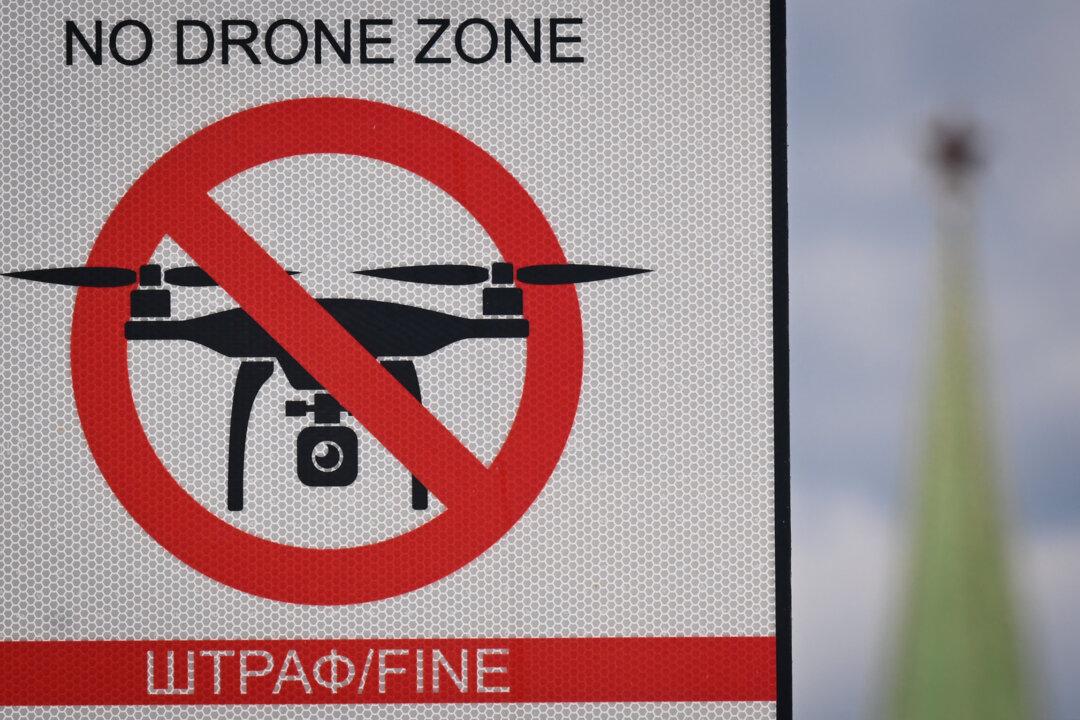U.S. ARMED FORCES, Iraq—The booms come at regular intervals like incoming artillery. In the background is a heavy metal soundtrack pumped through an iPhone speaker. After doing a clean and press, an Air Force pararescueman throws down the heavily loaded Olympic bar, which rebounds loudly off the plywood floor of the tent gym.
The floor is covered in a thin film of tan dust. Out the open end of the tent, through which the scorching hot Iraqi desert air barely circulates, rescue helicopters are lined up in a gravel landing area. Beyond, the Mesopotamian landscape stretches into the distance like a rolling khaki sea. ISIS-controlled territory is about 40 miles away.
Conversation is sparse, and communication is mostly through head nods. The special operations soldiers sweat in the desert heat as they work out, downing water bottle after water bottle to keep hydrated. Their bodies are tanned from the scorching sun and fit from years of intense training. Most have a patchwork of tattoos, many in remembrance of fallen comrades from the past 14 years of war.






